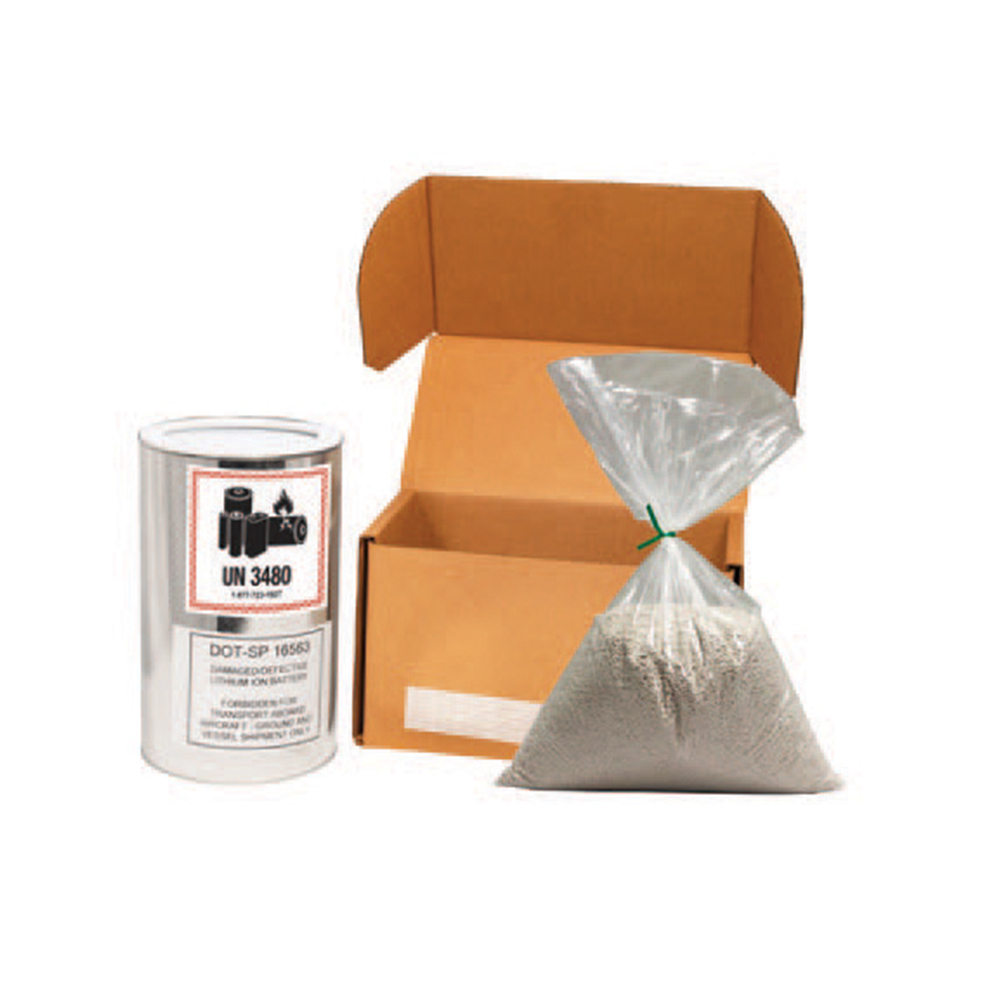How to handle Damaged, Defective, and Recalled Batteries
Batteries make our lives more convenient and are considered safe to use, however, under some circumstances you may encounter batteries that look a little off. Such batteries might be swollen, corroded, leaking, or showing burn marks. In other instances, batteries are found to be defective and may be recalled by the manufacturer.
Corroded
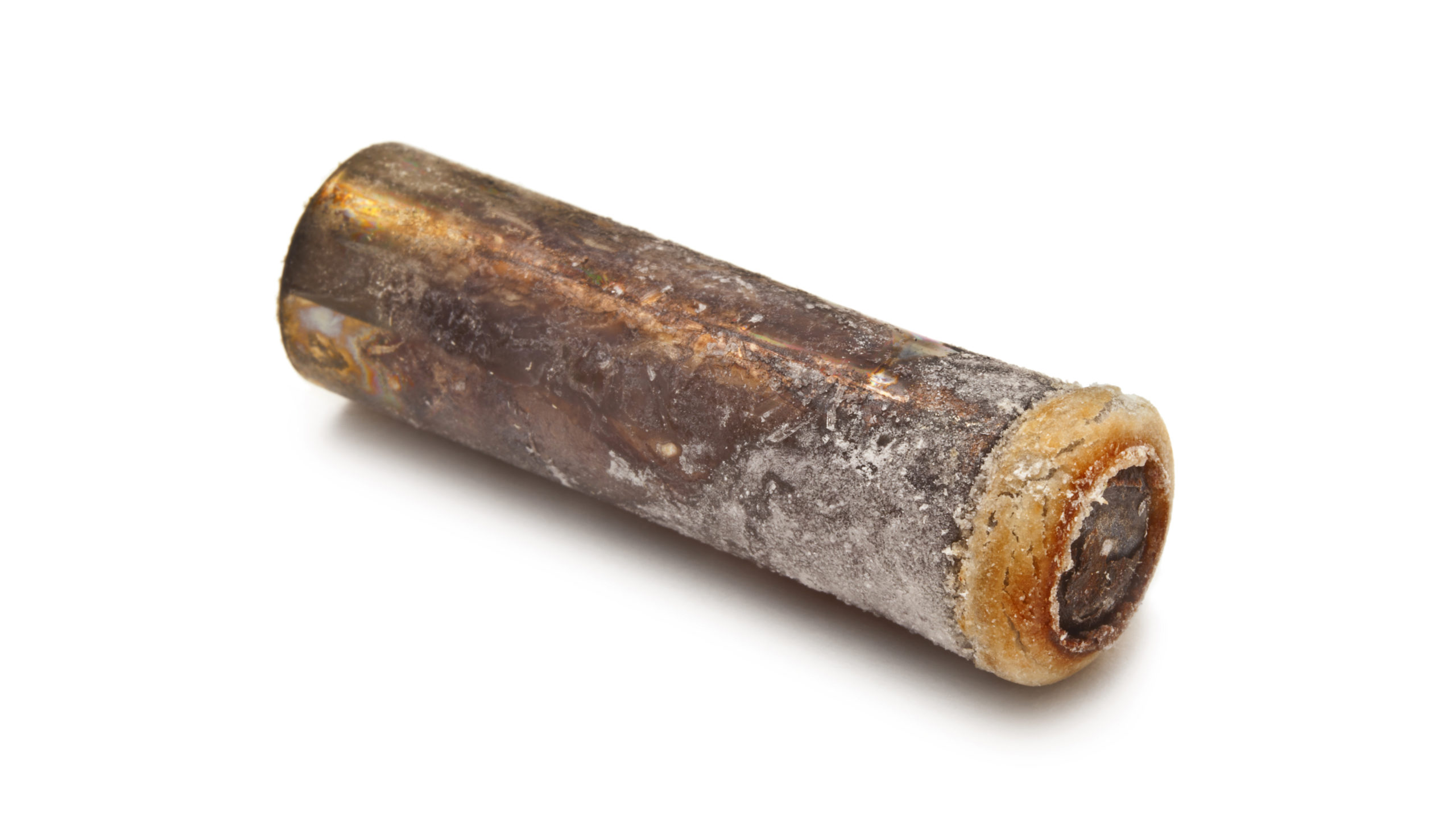
Swollen
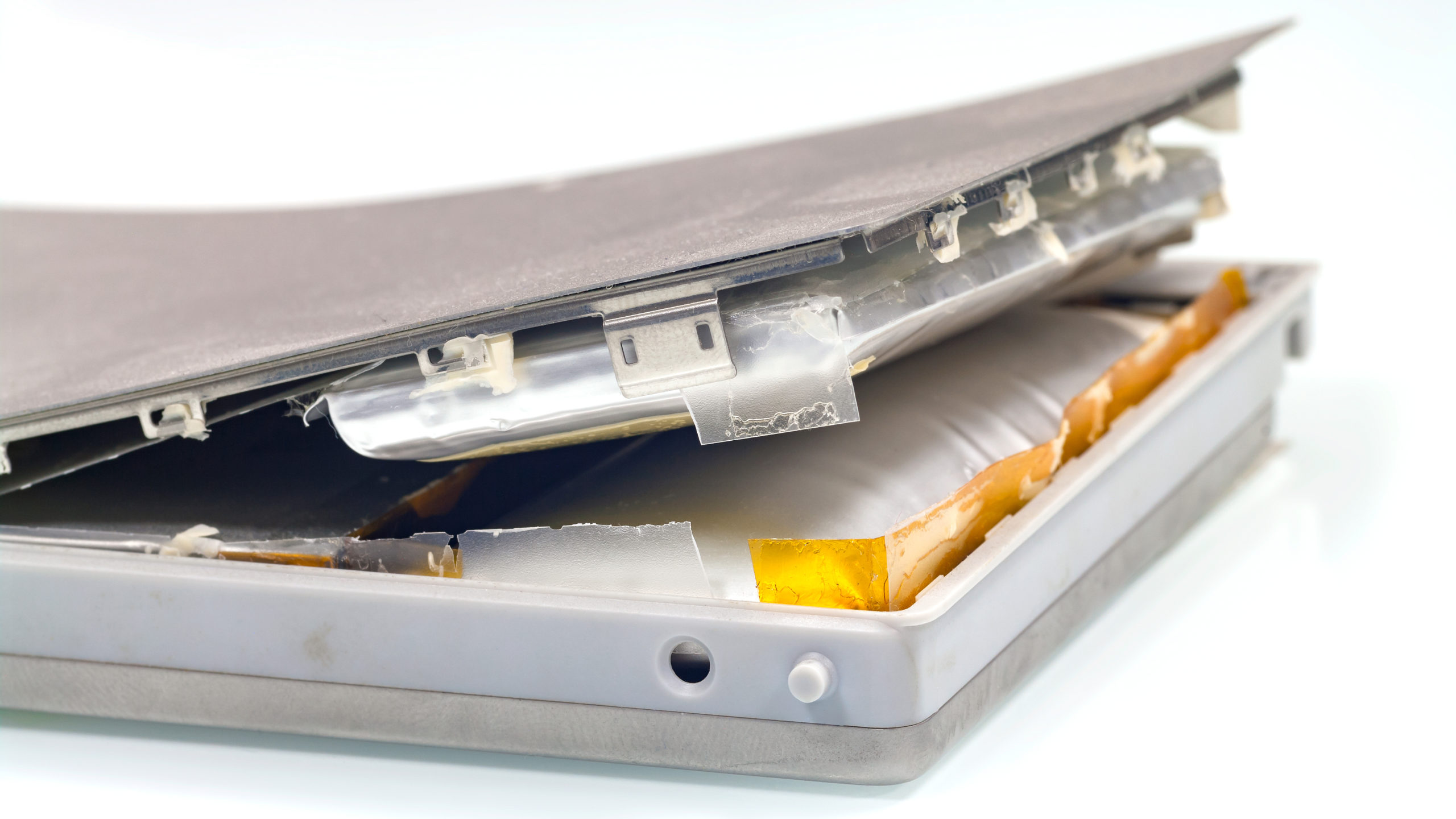
Burned
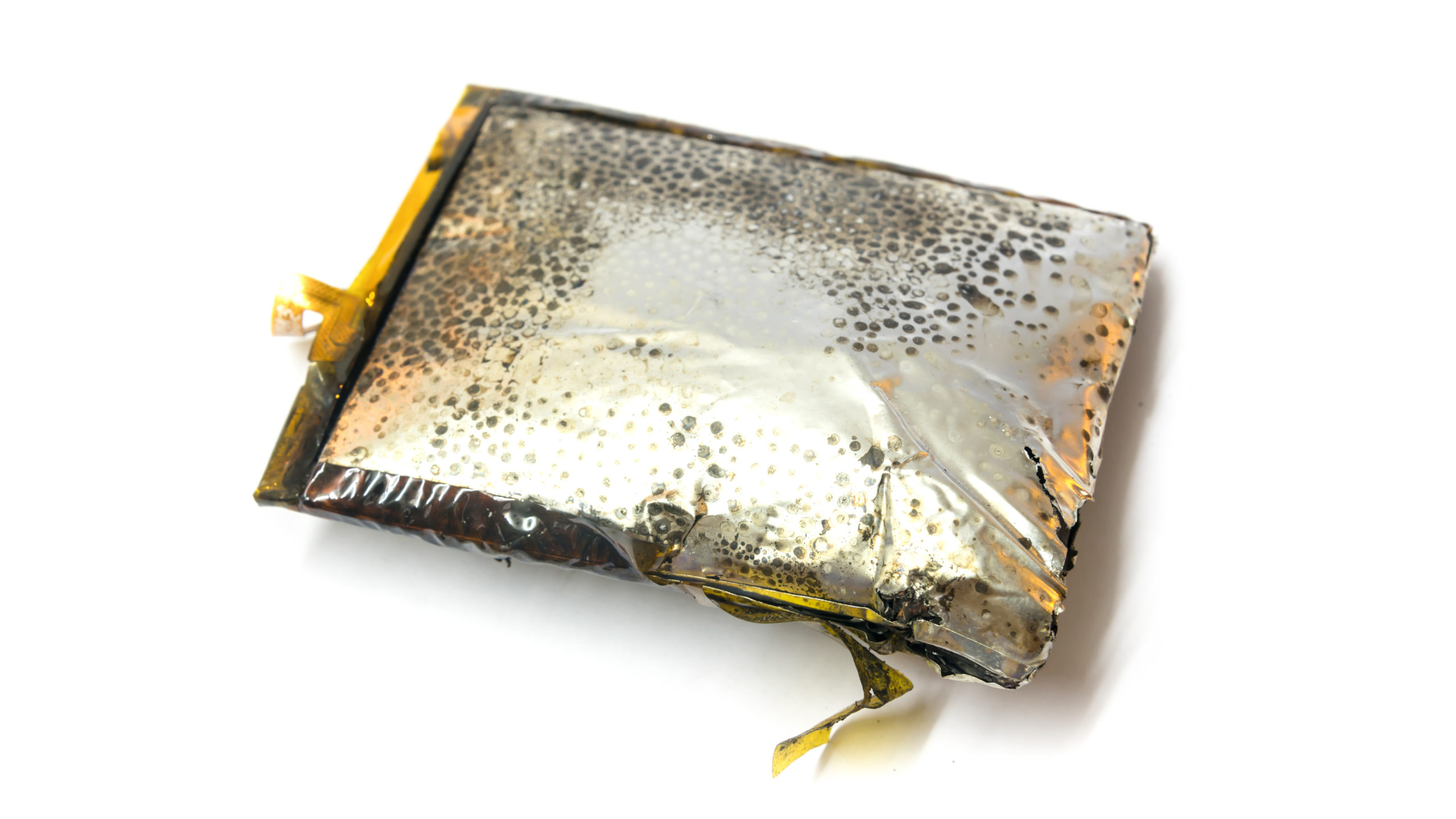
Battery damage can come in many forms, including corrosion, swelling, and burn marks.
Some damaged, defective and recalled (DDR) batteries can be hazardous and must be handled carefully. Call2Recycle offers support to help you dispose of them safely.
If you ever encounter DDR batteries:
- DO NOT throw them in the trash. Not only can these batteries contaminate the local environment when they enter landfills, but they may also cause dangerous fire incidents.
- If you are at work, follow your employer’s procedures for handling household hazardous waste (HHW).
- If you are at home, or HHW procedures are unavailable, follow the following steps to safely dispose of them properly.
Instructions for collectors
If you ever encounter damaged, defective, or recalled (DDR) batteries, the first thing to do is check the battery chemistry. While most battery chemistries (e.g. Alkaline, Nickel-Cadmium) showing signs of damage can be recycled safely using the same processes as non-DDR batteries, damaged lithium metal or lithium-ion batteries are considered hazardous and require special handling.
If these batteries are shipped without proper protection, they are more likely to cause safety incidents, such as sparks, which can lead to a fire.
If your Damaged / Defective battery is:
- Alkaline
- Nickel Cadmium
- Small Sealed Lead Acid
- Nickel Metal Hydride
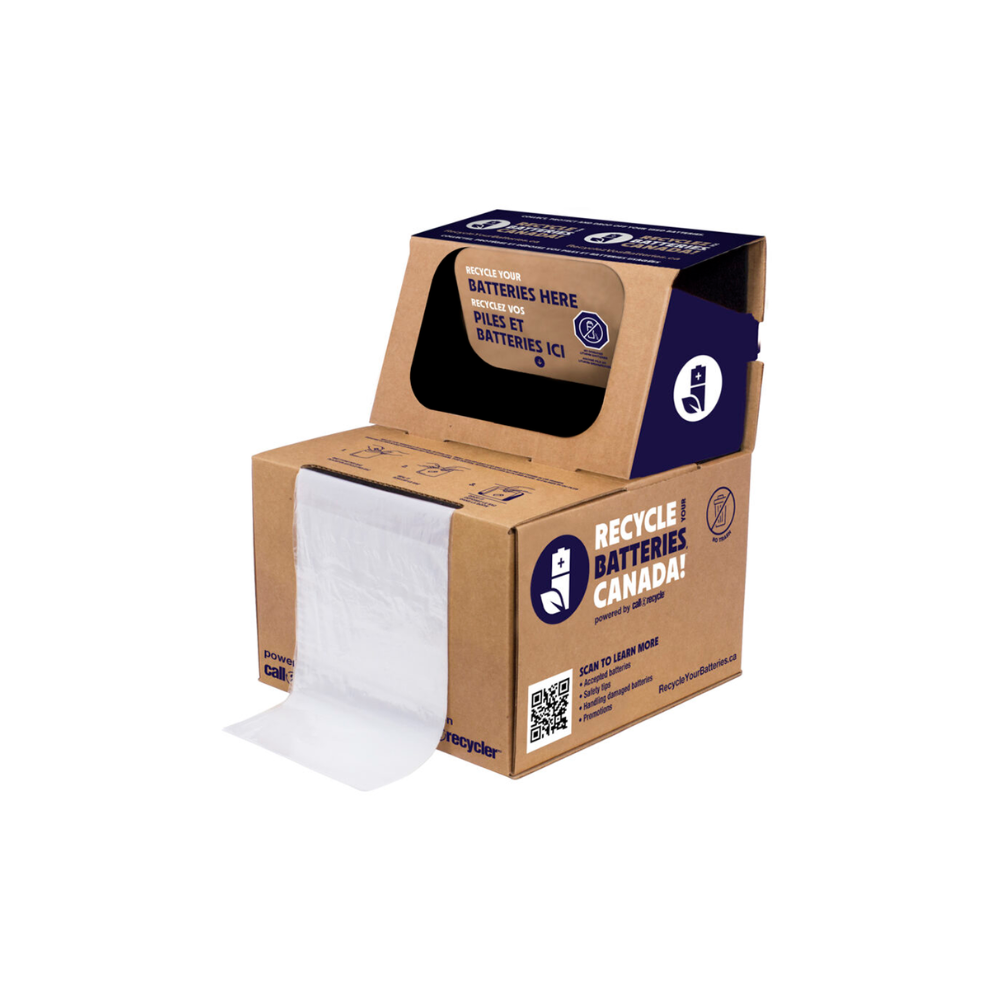
- When these battery chemistries show signs of damage, they can be placed in a clear plastic bag and deposited directly into a standard Call2Recycle collection box.
If your Damaged / Defective battery is:
- Lithium Metal
- Lithium Ion
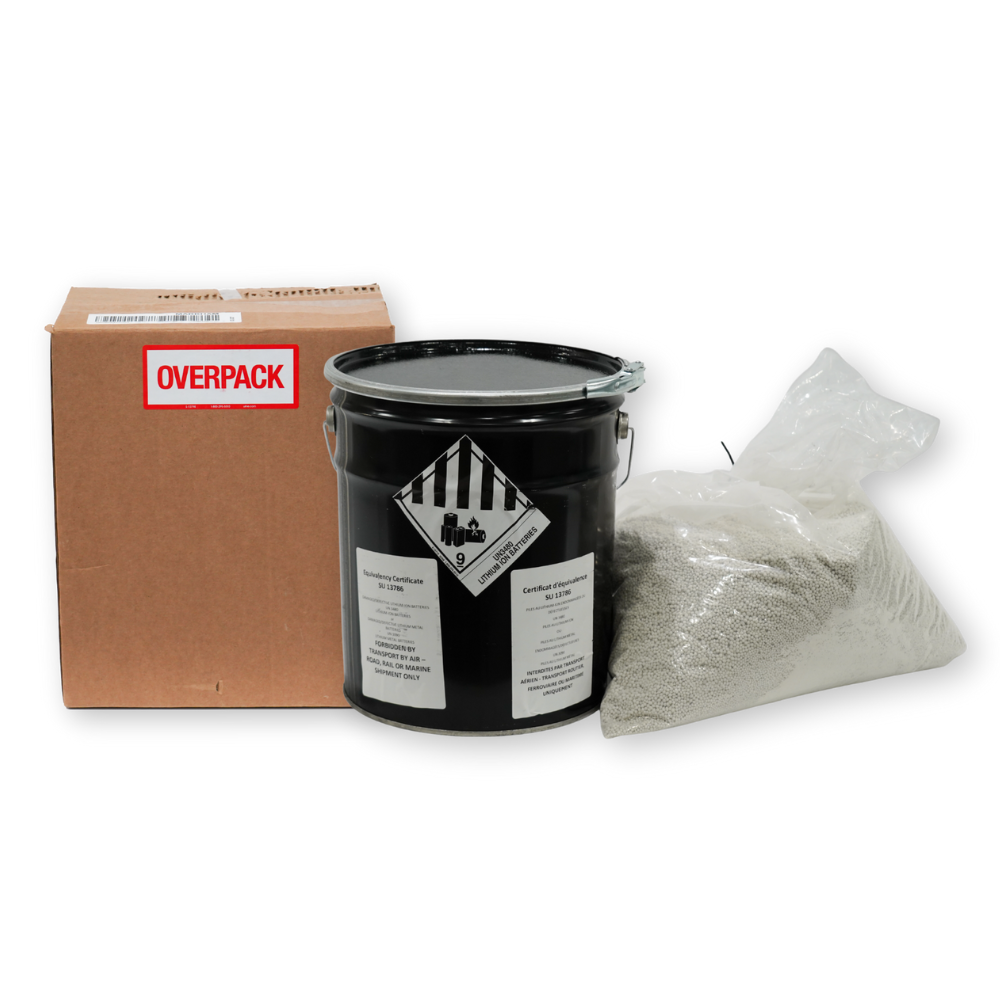
- Damaged lithium metal or lithium-ion batteries must be placed in special DDR containers for disposal, on hand at select Call2Recycle drop-off sites. Proceed to step 2
If you are unable to determine the battery chemistry using the label or original packaging, please contact Call2Recycle Customer Service at [email protected] or by phone at 1.888.224.9764
Temporarily store your DDR batteries in non-flammable material, such as sand or kitty litter, while you arrange for safe drop-off. Proceed to step 3.
Check Health Canada’s Consumer Product Safety information or the manufacturer’s website to see if the battery has been recalled. If it has, follow the instructions they provide. If not, proceed to step 4. Our customer service department can also assist in determining if there is a recall in effect.
Place in a Call2Recycle-provided DDR Battery kit – if you do not have a kit, contact customer service as soon as possible.
Place the battery into the specially protected DDR container, as per the linked instructions below, for safe and compliant shipment to a recycler.
Frequently Asked Questions
What is a damaged battery?
A battery that is swollen, corroded, leaking or showing burn marks is considered damaged and hazardous to the public. Devices with damaged batteries often show swelling, corrosion or other physical damage in the area where the battery is located.
What is a defective battery?
Defective batteries are those that affect the performance of a device, such as unexpected shutdowns. Defective batteries may not display any visible changes but have been identified by the manufacturer as not performing as expected.
What is a recalled battery?
Recalled batteries are classified by model, serial number, batch or lot. Manufacturers recall batteries that do not perform as expected and may present a safety hazard. Recalled batteries may not display any visible damage.
What do I do with a damaged battery?
Package the battery in a non-flammable material, such as sand, as soon as possible. Do not place these batteries in the trash or in a regular Call2Recycle collection container as they may present a safety hazard, such as a spark or fire. Further instructions can be found above
Are damaged batteries usually a particular chemistry?
Most damaged batteries are lithium metal or lithium ion. For a more comprehensive list of batteries, please consult the Call2Recycle Canada web site, www.call2recycle.ca/safety/collections-shipping.
If you have another battery chemistry that you think is damaged, contact Customer Service at 1.888.224.9764 for assistance.
Why do damaged, defective and recalled batteries require special shipping?
Damaged, defective and recalled batteries are considered potentially hazardous to the public and the environment. If these batteries are shipped without proper packaging and handling, they are more likely to create a safety incident, such as a spark, during transit from the collection site to the processing facility. In addition, Transportation Canada requires hazardous materials be transported using special handling procedures.
Where can I find out if a battery has been recalled?
Visit the battery manufacturer’s web site to see if the battery has been recalled and follow the manufacturer’s instructions for disposal and replacement. Some recalled products are also listed on Health Canada’s Consumer Product Safety page.
What type of kits do you offer for damaged, defective and recalled batteries?
Our kits are designed to handle lithium-ion or lithium-metal batteries with a total combined weight of up to 2 kg (4.4 lb.) OR one single-cell battery or other battery weighing up to 5 kg (11 lb.). The kits have been fully tested in a UN/ISTA certification lab and are UN-compliant with CFR49 rules governing safe battery shipments.
Who do we contact if we suspect we have a damaged, defective or recalled battery?
Contact Call2Recycle Customer Service at 1.888.224.9764. They can discuss whether the battery requires special handling according to Transportation Canada requirements.


